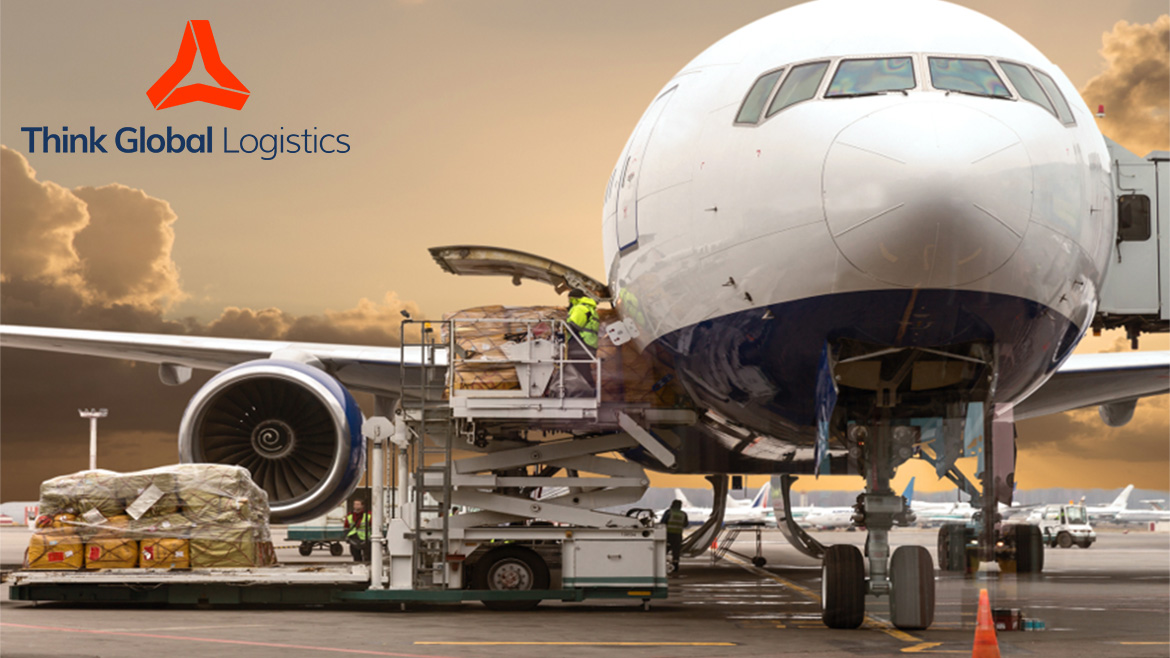A dramatic year for Air Freight

Air freight experienced its biggest drop, in volume, demand and shipments all in 2019. Indeed, the International Air Transport Association (IATA) said this hasn't happened since 2009.
As Alexandre de Juniac, Iata's director general and chief executive officer said, "Trade tensions are at the root of the worst year for air cargo since the end of the global financial crisis in 2009." This drop is due to an accumulation of political, economic and social problems.
Since the crisis in 2009, all trade was affected specifically the industry of transport and logistics. However, this crisis won't last. Indeed, this fall in demand for air freight is due to political and economic problems in the various regions of the world.
The IATA's annual report shows the very poor results obtained this year on the world market. This is a considerable drop in the transport industry as a whole, with freight volume falling by 3.3%.
It can be seen that depending on the region, the results may differ. For example, in Africa, no international FTKs (freight tonne kilometres) have been contracted. But this region will experience better growth thanks to Asia's investment: airfreight volumes were sustained.
In contrast, Asia has been the most affected by the decline in demand. Indeed, we know that this region is popular for the world's manufacturing. Asia has seen its volume fall by 6.4%.
With the arrival of the Coronavirus, this should not reverse the trend. It complicates the transport of trade between external and internal countries. However, it will not impact the market in the long-term.
"While these are easing, there is little relief in that good news, as we are in unknown territory with respect to the eventual impact of the coronavirus on the global economy. With all the restrictions being put in place, it will certainly drag on economic growth, and for sure, 2020 will be another challenging year for the air cargo business." Says Alexandre de Juniac, Iata's Director General and CEO.
The European market were impacted by changes to the European agreements. Brexit, approved by the British, disfavoured the flow of trade. Indeed, this break accompanied by less efficient activity in Germany caused that fall.
In America, the fall was caused by social problems and economic difficulties in many American countries (from the second half of the year), leading to a 5.3% reduction in FTKs.
Finally, the Middle East region got caught between the problems in Asia and the changes in Europe. As a result, it lost 4.8% growth in 2019. Therefore, the region has lost all the growth it had generated in 2018 (4.6%).
Despite this year's air freight crisis, IATA remains confident for the year 2020. Because this drop in demand is due to many factors in each region, but which are not permanent over time. The situation is not expected to get any worse despite recent events such as the coronavirus.


